It Ends with Us
In “It Ends with Us,” Colleen Hoover explores the oscillations, heartbreaks, and uncertainties of love, laying bare the complexities embedded in relationships. The novel wraps itself around Lily Bloom, an indomitable protagonist who’s emerged from a turbulent past in a small town and made her way to Boston where she builds her life as an entrepreneur. Hoover’s vivid character development further complements Lily’s strength, showcasing her as a multi-dimensional character who is both resilient and introspective.
The narrative spins itself into a romantic tensility with the introduction of Ryle Kincaid—a successful neurosurgeon whose charisma is interleaved with shades of arrogance and sensitivity. Ryle is portrayed as an enigmatic lover, with his resistance to relationships posing an emotional conundrum that lures Lily, and logically the reader, into a whirlpool of curiosity. The romantic dynamics proceed to unravel, intensifying when Lily’s first love, Atlas Corrigan, steps back into the play, crafting a love triangle that douses the plot with suspense and sentiment.
Hoover utilizes her classical straightforward writing style to delve into heavier themes such as domestic abuse and the painful sacrifices often hidden behind facades of perfect relationships. Her narrative does not shy away from exposing the raw and unsettling layers of human relations, challenging the characters’—and readers’—perception of right and wrong.
However, the book also faces criticism in particular aspects. The quick pacing of life-altering decisions can sometimes feel rushed, leaving certain emotional developments slightly underexplored. Additionally, some readers might find the resolution of character arcs a bit simplistic given the complexity of the conflicts introduced.
Nonetheless, “It Ends with Us” stands out in its stark portrayal of courage and survival, and Hoover’s capacity to evoke empathy, making readers reflect deeply about the nuances of love and the strengths required to confront one’s past. It engages an emotional tug that is pertinent and resonant, ensuring a thorough lingering influence—cementing its place as a significant narrative in contemporary romance and women’s fiction.
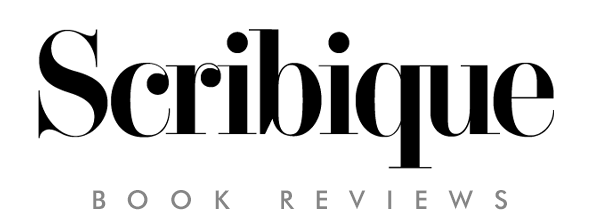
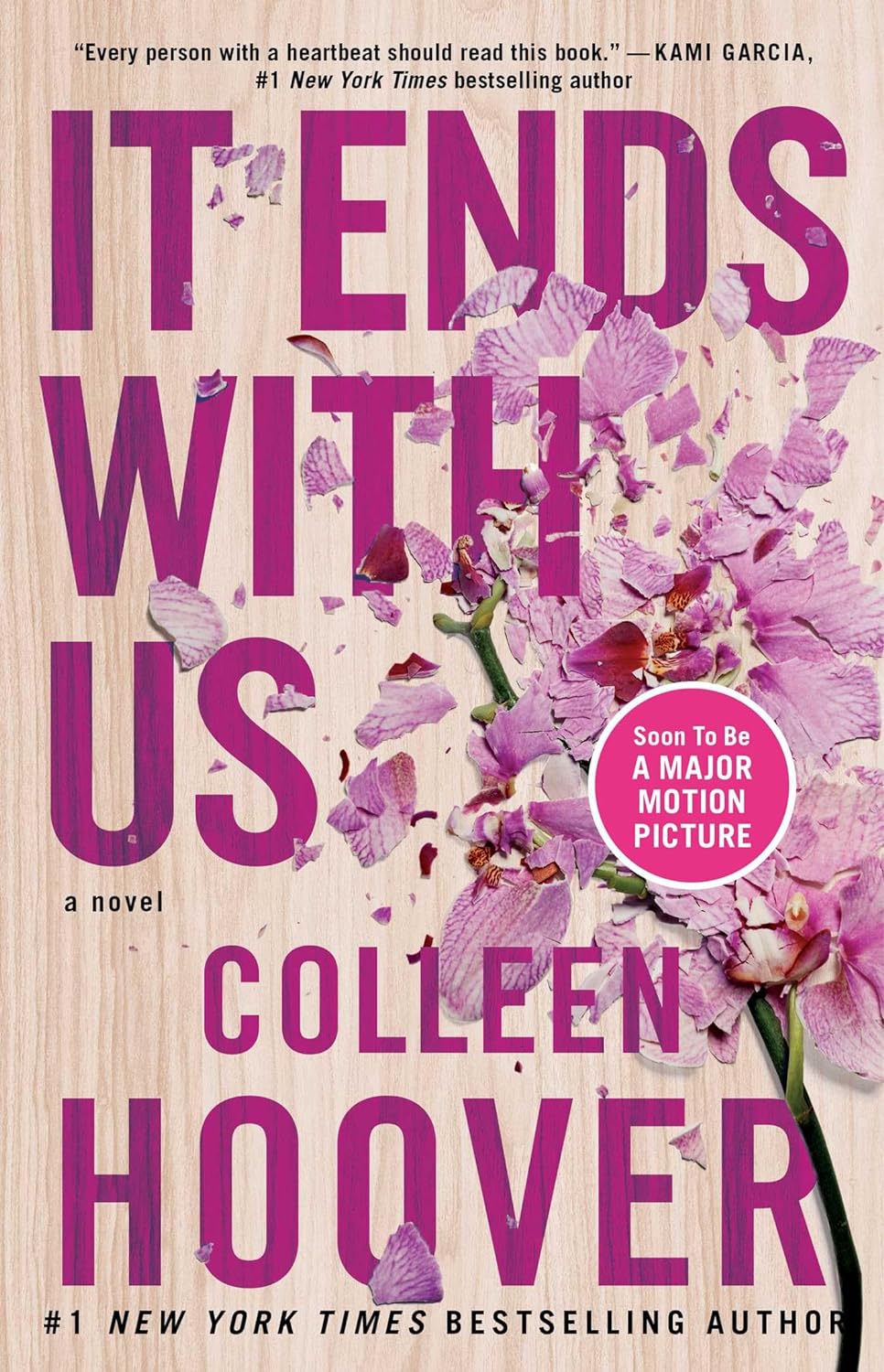
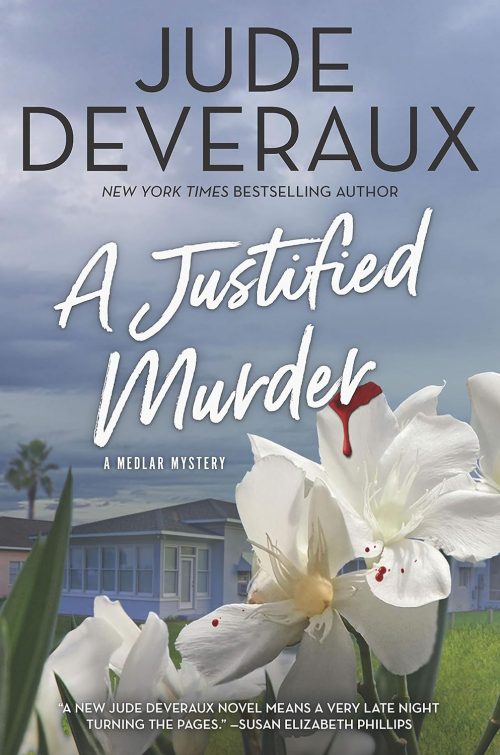
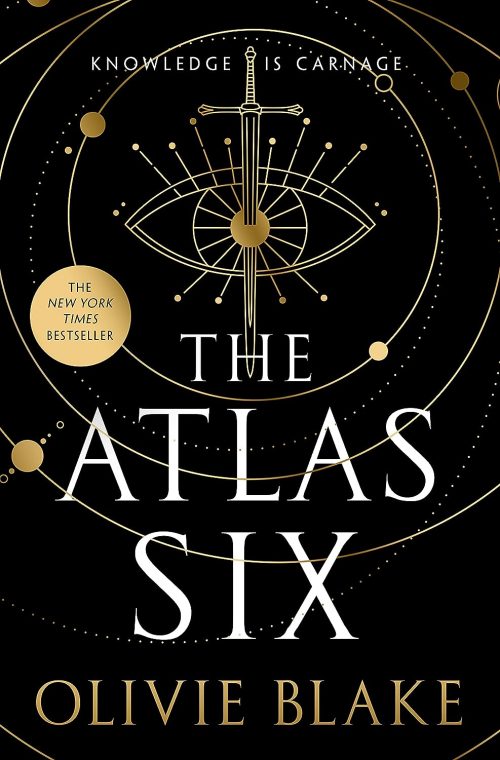
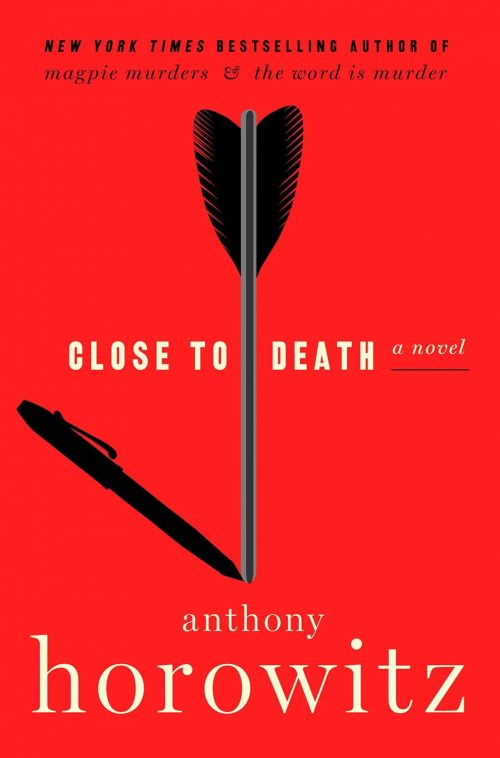


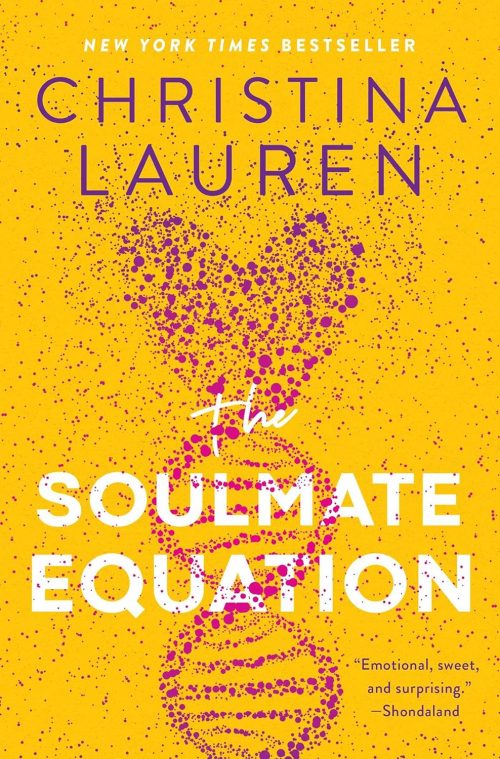

Reviews
There are no reviews yet.